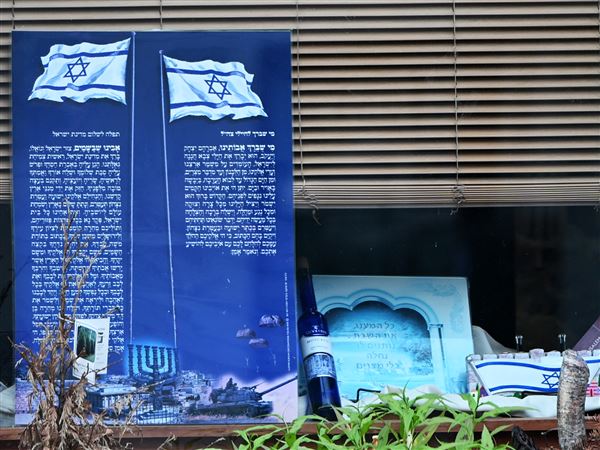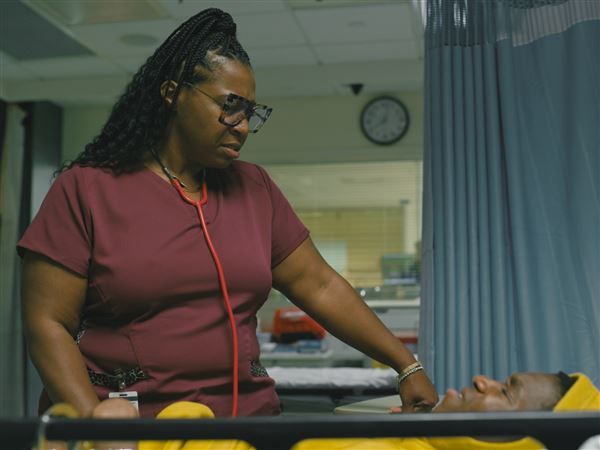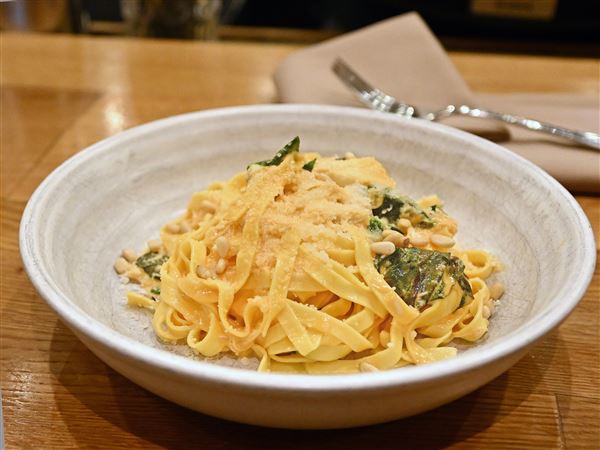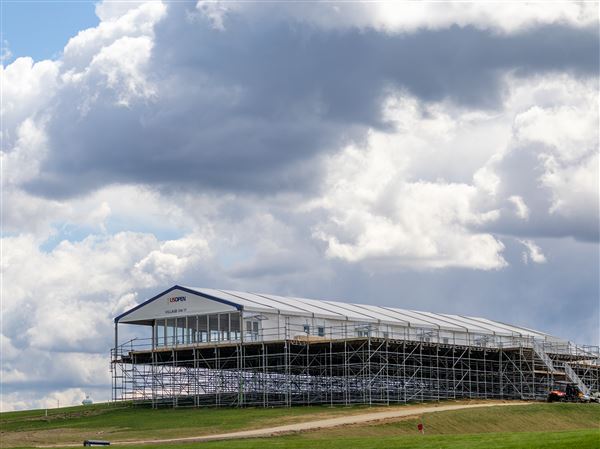TOKYO -- In a metropolis as large as this one, it is easy to get lost, both literally and emotionally. This is true even more so these days for the countless residents who hail from prefectures northeast of here that were shattered by a massive earthquake and tsunami nearly two weeks ago.
Many cannot return to their hometowns to help family and friends because of the shortage of gas and food, and destruction that has kept some areas still inaccessible. Yet staying in Tokyo, which sustained almost no damage and where life is disrupted but inching closer to normality, intensifies their sense of helplessness.
That is why so many people are converging on the specialty shops in Tokyo that sell goods from Fukushima, Miyagi and Iwate, the prefectures that suffered the worst damage on March 11. At the stores, they can find their favorite rice, pickles or sake, or buy a handmade doll or lacquer box produced by artisans back home.
These days, they can also search for loved ones by thumbing through lists of people staying in shelters scattered around the country. They can read local newspapers for bits of news not found in the big national dailies or on television. Or they can, for a few minutes, travel vicariously to their hometown by just walking the aisles and seeing familiar products.
"It's a lifeline for people who are far from home," said Kunitaka Okura, who runs Miyagi Furusato Plaza, which sells food and goods from Sendai and other parts of Miyagi Prefecture.
Many shelves have been stripped of their fresh foods and other sundries, and refrigerators have been turned off because no foods from Miyagi have arrived since the disaster, either because the producers have been knocked out or delivery trucks have not been able to reach Tokyo.
On one table, there was a copy of The Kahoku Shimpo, a newspaper from Sendai that arrived on March 11. The headline was a story on international trade talks. There was, of course, no hint of what was to come at 2:46 p.m., when the magnitude 9.0 earthquake cleaved time and space.
Nearby, racks of glossy, full-color brochures beckoned tourists to scenic seaside towns like Ishinomaki, Kesennuma and Minamisanriku, names that are now forever linked to the apocalyptic tsunami that wiped much of them off the map.
The newspapers, brochures and bulletin boards with notes written by people searching for friends and family were poignant reminders that Tokyo, and perhaps every part of Japan, is now linked to the devastation in the north.
"You want to do something to help, but you feel helpless," said Mamoru Arima, a Sendai native and part-time clerk at the store, which is in the Ikebukuro district of Tokyo. "I was thinking of renting a car and going back, but there's probably no gas or food there."
In his way, Mr. Arima has helped by running the cash register and keeping an eye on a collection box. So far, nearly $100,000 has been donated by customers and passers-by. The money is being sent to relief organizations in Tohoku, the region struck by the quake and tsunami.
Across town in Ginza, the Iwate prefectural goods store has collected about $31,000 with the help of several high school students who stood in their black uniforms in front of the store for days on end, bowing to pedestrians and urging them to donate.
Inside, the shelves were largely empty. Without regular deliveries, the remaining stocks of rice, bacon, cheese and other products will be gone by the end of the week, said Chikako Otake, a store manager. Some shoppers, she said, are not from Iwate, but are buying goods to support the recovery effort in any way they can.
Ryoko Sasaki is one such customer. Though she was born in Nagasaki, her husband is from Iwaizumi, about 15 miles from the shore in Iwate. He still hasn't heard from his family, so Mrs. Sasaki came in to scan the local newspaper and buy some Japanese comfort food: her husband's favorite wasabi, some seaweed and a soft-serve ice cream cone for herself.
"It means something to come from a hometown," she said.
Sadly, some hometowns are being treated differently than others. In Fukushima, the hobbled nuclear reactors by the ocean have set off fears of radioactive fallout across Japan and overseas. The government has banned shipments of raw milk and some vegetables from the prefecture after trace amounts of radioactive materials were discovered.
Though much of the prefecture is far from the reactors, the name Fukushima may quickly become synonymous with "nuclear accident." Unfair as that might be, the label has the potential to destroy commerce in the entire prefecture.
"Some people will have an image of Fukushima as a dangerous or dirty place," Yutaka Suzuki, who runs a prefectural store near Tokyo Station, said as his eyes welled up with emotion. "The area where the nuclear plant is has problems, but I hope people will cheer for us."
First Published: March 23, 2011, 4:00 a.m.














